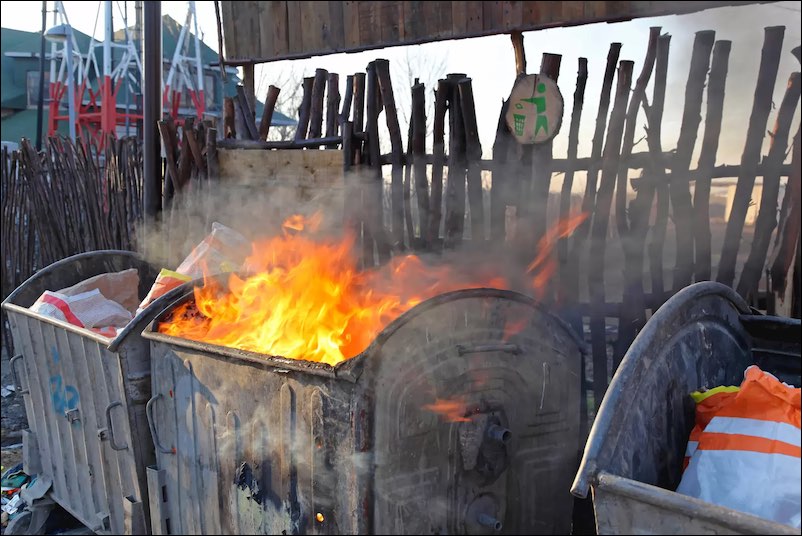
The Peacock's Feathers: A Guide to Real News
- Martin Enlund
- 12/25/24
When the spin is too smooth, is it really news? A look at the complex media landscape and the importance of costly signaling in evaluating information.
It’s not easy to navigate today’s media landscape. If it’s not agenda-setting journalism, then it’s “government by journalism”, or “åfanism” (i.e. clickbait journalism)) that causes distortions in what we, as media consumers, get to see. On social media, bot armies and troll factories pollute the information landscape like the German Ruhr area 100 years ago - and who knows exactly how all these opaque algorithms select the information that’s placed in front of our eyes. While true information is sometimes censored, as pointed out by the founder of Meta (then Facebook) the other year, the employees of censorship authorities somehow suddenly go on vacation when those in power spread false information.
The need to carefully weigh the information that reaches us may therefore be more important than ever. A principle that can help us follows from what is called costly signaling in evolutionary biology. Costly signaling refers to traits or behaviors that are expensive to maintain or perform. These signals function as honest indicators. One example is the beauty and complexity of a peacock’s feathers. Since only healthy and strong males can afford to invest in these feathers, they become credible and honest signals to peahens looking for a partner.
The idea is also found in economics. There, costly signaling refers to when an individual performs an action with high costs to communicate something with greater credibility. For example, obtaining a degree from a prestigious university can be a costly signal. Such a degree can require significant economic and time resources. A degree from a prestigious university can therefore, like a peacock’s extravagant feathers, function as a costly signal (of an individual’s endurance and intelligence). Not to peahens, but to employers seeking to hire.
News is what someone, somewhere, doesn’t want reported: all the rest is advertisement
– William Randolph Hearst
Media mogul William Randolph Hearst and renowned author George Orwell are both said to have stated that “News is what someone, somewhere, doesn’t want reported: all the rest is advertisement.” Although it’s a bit drastic, there may be a point to the reasoning. “If the spin is too smooth, is it really news?”
Uri Berliner, a veteran of the American public radio station National Public Radio (NPR) for 25 years, recently shared his concerns about the radio’s lack of impartiality in public. He argued that NPR had gone astray when it started telling listeners how to think. A week later, he was suspended. His spin was apparently not smooth enough for his employer.
Uri Berliner, by speaking out publicly in this way, took a clear risk. And based on the theory of costly signaling, it’s perhaps precisely why we should consider what he had to say.
Perhaps those who resign in protest, those who forgo income, or those who risk their social capital actually deserve much more attention from us media consumers than we usually give them. It is the costly signal that indicates real news value.
Perhaps the rest should just be disregarded as mere advertising.
Cover image: AI


